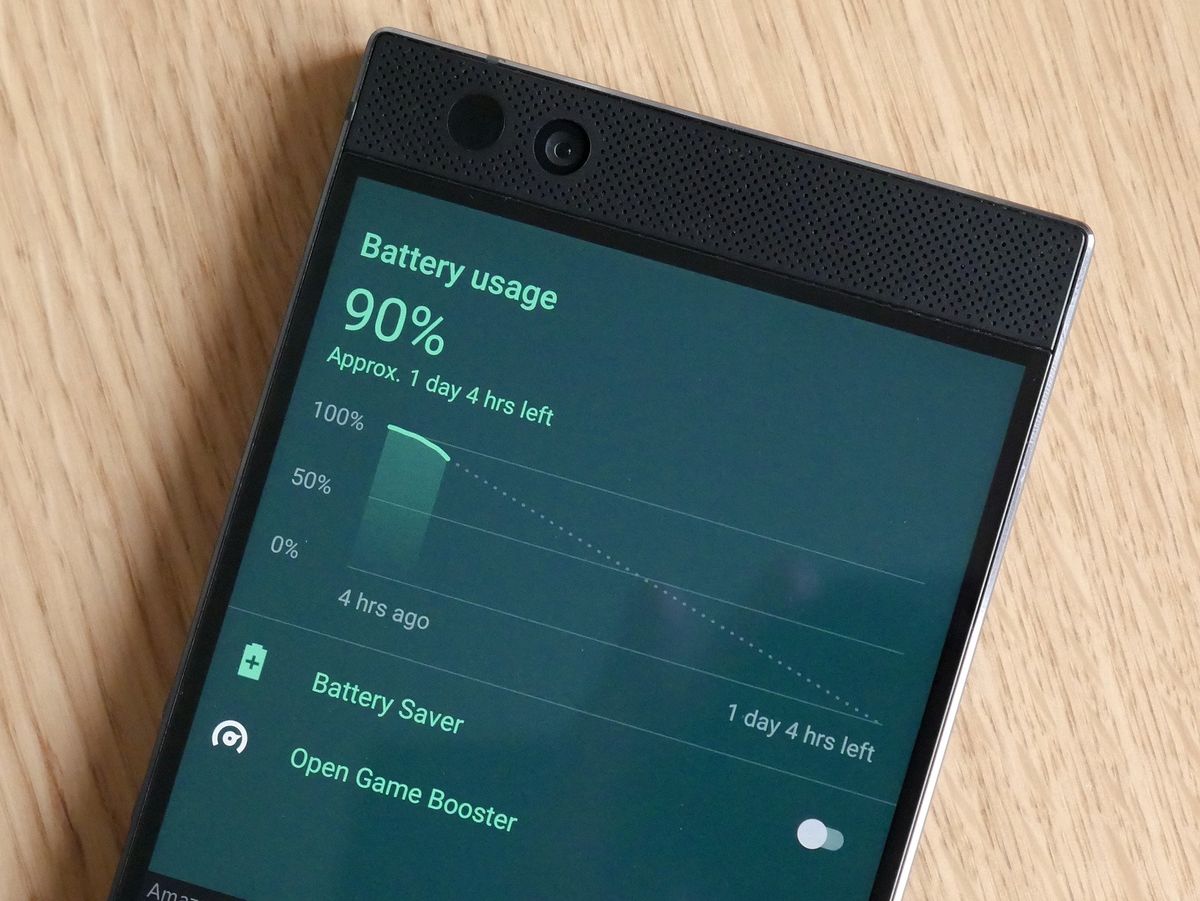
A big part of our interconnected, tech-heavy lives is the maintenance of our devices. We back up hard drives, we install updates, and we keep batteries charged. In the case of your phone, charging might coincide with the time that your own head hits the pillow for a mental recharge. You can plug your phone in, set it next to you, and not have to worry about it until morning. But is the battery being damaged while you sleep?
See the 3 best Androids for former Windows Phone users
What happens when I leave my phone plugged in overnight?
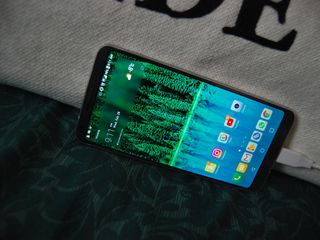
For the most part, leaving your modern phone plugged into a charger overnight isn't going to be a problem. Inside is most likely a lithium-ion battery, which is partly responsible for how thin phones have become, as well as how they can last through a day with life to spare. They also don't come with some of the same problems as older nickel batteries used to have, like losing track of the maximum charge threshold.
Lithium-ion phone batteries are not made to last forever. As soon as you deplete it and charge it — known as a cycle — you've begun a process that will eventually lead to your phone either needing a replacement battery or you in need of an entirely new phone. Battery University, in an article about how to prolong the life of lithium-based batteries, claims that on average you can get about 400 cycles out of a device.
Though it usually only takes a couple of hours to get a full charge, let's say your phone is plugged in for about seven or eight hours while you sleep. Once the battery hits 100 percent, it's going to stop charging thanks to software there to determine when it's had enough. Unless there's a breakdown in the process, you shouldn't expect to see a ballooned battery poking out of the back of your device.
Heat will harm your phone's battery
Your phone is smart enough to not take damage by overcharging, but there's still an issue. Charging a phone causes heat, which — along with cold — can damage a lithium battery. Prolonged periods of elevated heat will degrade a battery faster, as can be seen in this chart from Battery University.
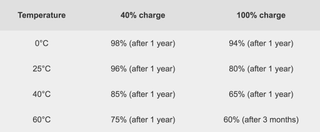
Regular charging shouldn't cause a phone to reach a harmful temperature, but if you like to keep your phone next to you in bed while it's plugged in, the blankets or pillows probably aren't doing it any favors. If possible, leave the charging phone next to the bed where it has room to breathe. A bulky case will also no doubt contribute to unwanted heat, so consider removing it as well.
Get the Windows Central Newsletter
All the latest news, reviews, and guides for Windows and Xbox diehards.
What can I do to prolong the life of my phone's battery?
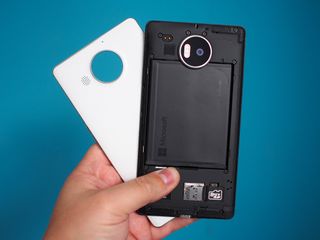
Batteries are in a constant state of degradation, and you can expect to get about 400 charge cycles before you notice a serious hit to performance. In another chart from Battery University, we can see that lowering the maximum charge can give a battery more cycles, but will ultimately lower its maximum threshold for stored energy.
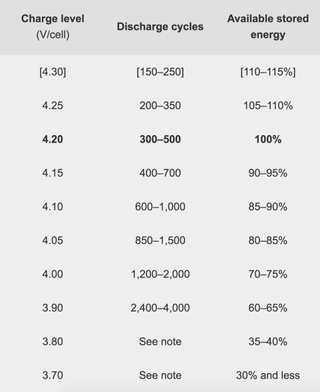
If you keep your phone's battery somewhere between a 40 and 80 percent charge, you should be able to get more life out of it in the long run. This doesn't exactly work for those who like to charge overnight, but it's certainly an option for those who get in a quick charge here and there over the course of a day.
Those who are frustrated with a device that gets to 30 percent battery and powers down can try a calibration to get a more accurate reading. Let your battery drain completely and recharge to 100 percent while it's powered down. Once you turn it back on, the gauge should give a more accurate read of the time you have left before you'll be looking for an outlet.
How to recalibrate the battery in your Windows 10 laptop
More resources
If you're wondering how all of this applies to the battery in your laptop, be sure to check out this other guide with similar information!

Cale Hunt brings to Windows Central more than eight years of experience writing about laptops, PCs, accessories, games, and beyond. If it runs Windows or in some way complements the hardware, there’s a good chance he knows about it, has written about it, or is already busy testing it.